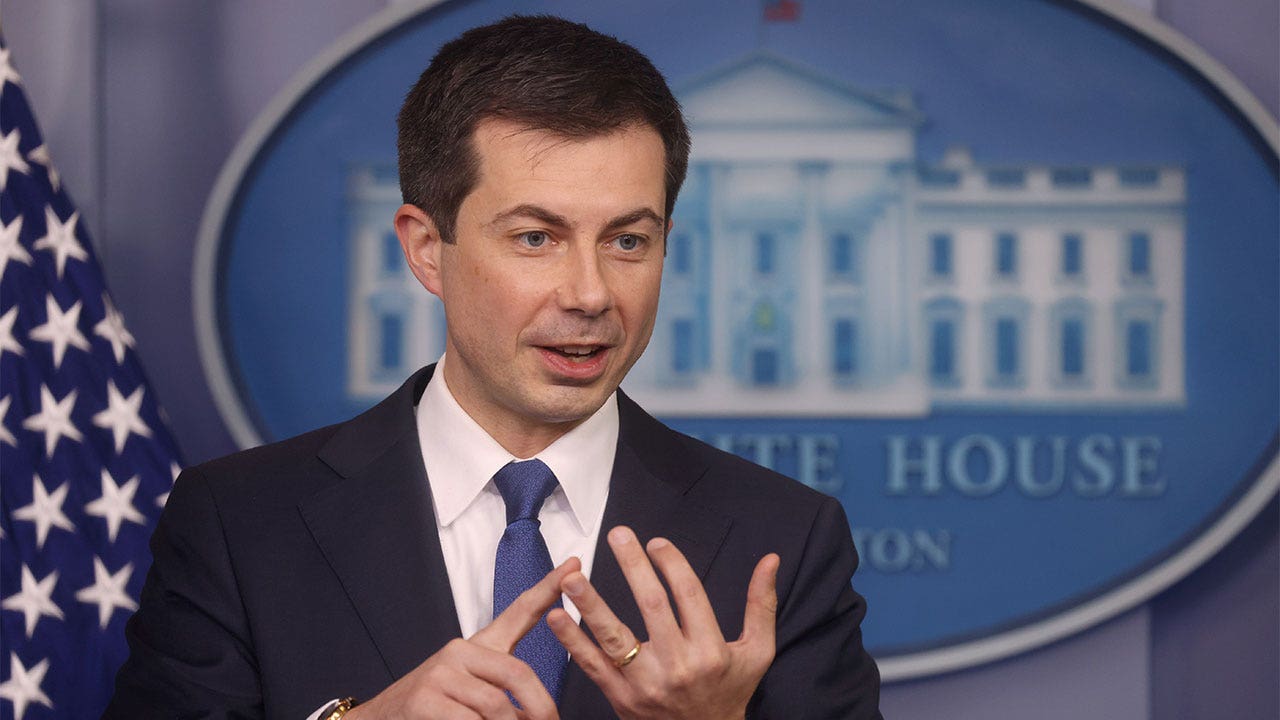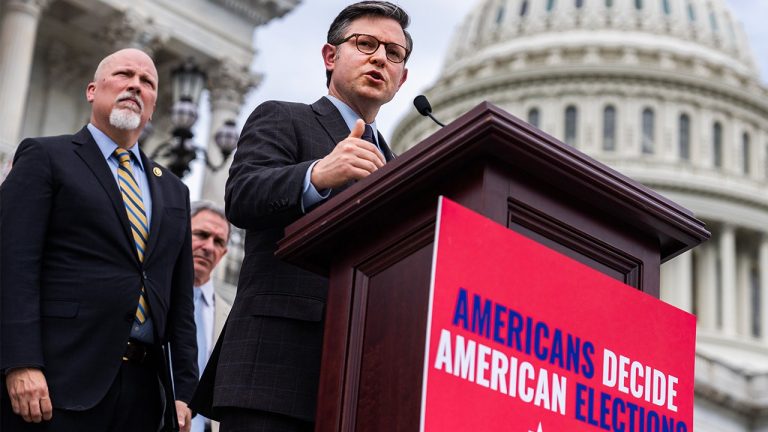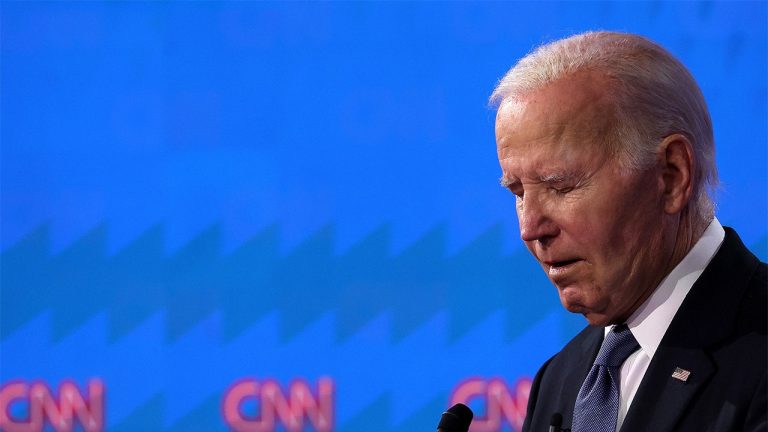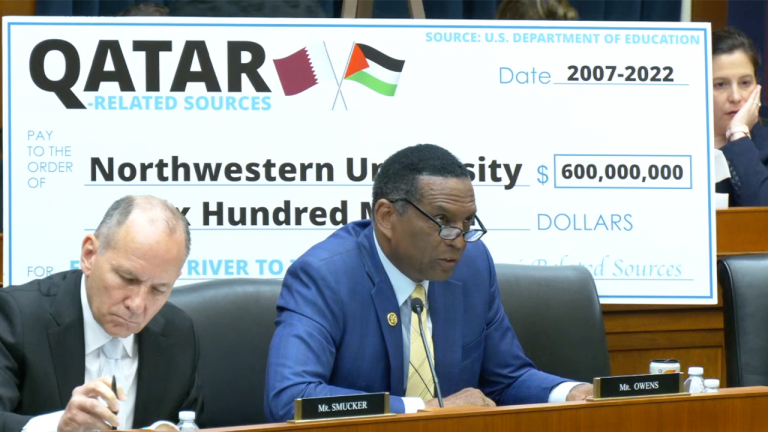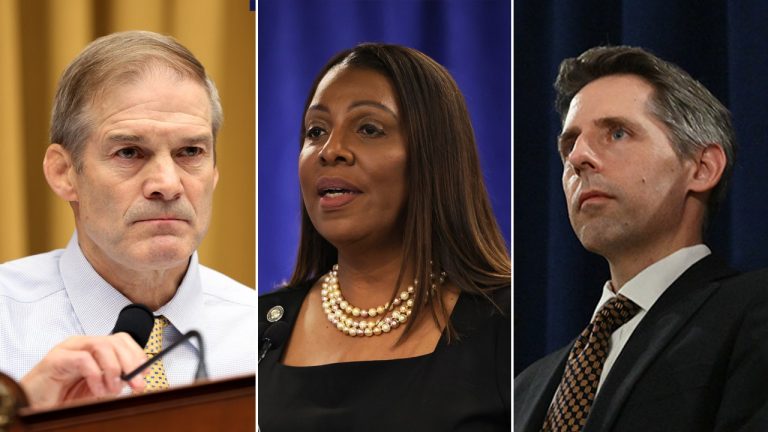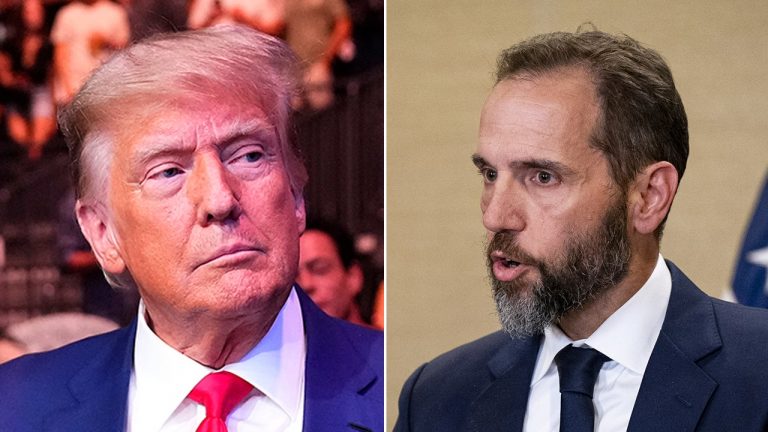Critics say Buttigieg is using climate change comments for politics.
Transportation Secretary Pete Buttigieg has come under scrutiny for attributing recent significant weather events and transportation crises, at least in part, to climate change.
During an appearance on CBS’ “Face the Nation,” Buttigieg highlighted how the effects of climate change are contributing to incidents like severe turbulence on airplanes and extreme weather patterns.
When asked about the strains on the national transportation system during peak travel times and the forecast for a more severe hurricane season by NOAA, Buttigieg emphasized the impact of climate change on transportation systems.
Buttigieg stated, “The reality is, the effects of climate change are already impacting our transportation systems. From heatwaves threatening transit system infrastructure in the Pacific Northwest to increasingly extreme hurricane seasons, we are seeing the consequences.
These observations have sparked mixed reactions from various quarters. Some GOP lawmakers and climate analysts have rejected Buttigieg’s stance, accusing him of politicizing weather events and transportation issues.
Rep. Aaron Bean, R-Fla., criticized Buttigieg’s comments, claiming that invoking climate change is diverting attention from addressing transportation challenges effectively.
On the other hand, climate experts have pointed out that climate policies, rather than climate change itself, are affecting transportation systems. Epstein criticized the EPA’s pollution standards, arguing they indirectly mandate electric vehicles and could strain power grids further.
Diana Furchtgott-Roth from the Heritage Foundation Center for Energy, Climate, and the Environment highlighted the increase in airline flights as a contributing factor to the rise in reported turbulence incidents.
She noted that stopping fossil fuel use entirely in the U.S. would have a minimal impact on climate change by the year 2100. Furchtgott-Roth emphasized that attributing these changes solely to climate change may not be entirely accurate.
The prevalence of in-flight reporting due to social media usage has also enabled passengers to share experiences of turbulence almost instantaneously.
According to a department representative, a study co-authored by University of Reading professor Paul Williams found that clear-air turbulence, influenced by climate change, has become 15% stronger since the 1970s. The study predicts a further increase in severe turbulence in the coming decades.
However, reactions from key figures like Sam Graves and Rick Larsen from the House Transportation Committee, as well as Senators Maria Cantwell and Ted Cruz from the Commerce, Science, and Transportation Committee, were not available at the time of reporting.


